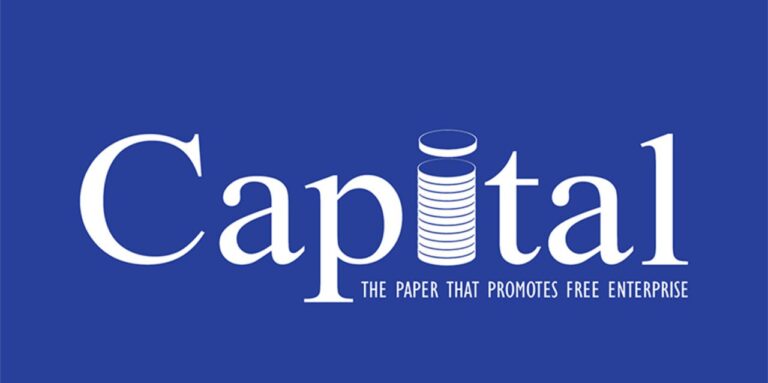Ethiopia’s population has reached an estimated 135.3 million, according to the latest data from the 2025 World Population Report released by the United Nations Population Fund (UNFPA). This milestone comes at a critical moment as the country prepares to adopt a new National Population Policy, marking three decades since the first policy was put in place in 1985.
The Ministry of Planning and Development, leading the policy revision process, explains that the updated policy will reflect Ethiopia’s current demographic realities and socio-economic conditions. It aims to harmonize with the nation’s development commitments and align with the global Sustainable Development Goals (SDGs) framework, positioning Ethiopia to better address the challenges and opportunities of its growing population.
Speaking about the progress since the adoption of the initial population policy, Habtamu Getachew, CEO of Population and Development Affairs at the Ministry, highlighted significant developments over the past 30 years. “The national poverty rate has fallen from 45.5% at the start of the policy to 19% today,” he reported. “In addition, infant and child mortality rates have improved considerably, contraceptive use has expanded, and education and other key socio-economic indicators have shown steady gains.” These advances underscore the importance of recalibrating population strategies to sustain and deepen development outcomes.
The policy revision follows a meticulous and multi-stage process. Initially, a thorough review of the implementation outcomes of the original policy was conducted. This assessment considered the structural changes and demographic shifts Ethiopia has experienced, as well as ongoing challenges. Four thematic documents were then prepared by the Technical Working Committee currently spearheading the new policy’s development. These documents cover an analysis of the country’s demographic and social governance status, a review of sectoral policies and their efficacy, a survey of international best practices in population policy, and recommendations for more effective policy frameworks. The drafts have been submitted to senior officials for feedback and further direction.
The unveiling of these details coincided with a high-profile forum held to launch the UNFPA’s 2025 World Population Report, titled “The Real Fertility Crisis: The Pursuit of Reproductive Agency in a Changing World.” The event, attended by government representatives, development partners, civil society actors, youth groups, and academia, emphasized the ongoing global struggle with reproductive rights and access.
Taiwo Oluyomi, Deputy Representative of UNFPA in Ethiopia, highlighted the forum’s emphasis on sexual and reproductive health and rights, gender equality, and evidence-based policymaking. She explained that Ethiopia stands at a pivotal juncture, buoyed by a large youth population that could serve as a “demographic dividend” if investments are made in health, education, and rights for all citizens.
“Ethiopia possesses a demographic opportunity that can catalyze sustainable development and improve lives,” Oluyomi said. “But this requires deliberate policies, ongoing investment, and the empowerment of young people — whose voices and leadership are truly inspirational.” UNFPA acknowledged the critical role played by governmental bodies, the diplomatic community, the private sector, civil society organizations, and especially youth-led groups in advancing reproductive health and population goals.
According to the World Population Report and corroborated by data from Worldometer, Ethiopia’s population continues to grow rapidly. The country maintains a high fertility rate—estimated at 3.81 children per woman in 2025—with a median age of just over 19 years. Urbanization rates remain moderate at approximately 22.5%, reflecting Ethiopia’s predominantly rural demographic profile. Population density has risen alongside this growth, reaching an average of 135 persons per square kilometer.
Projections indicate that Ethiopia’s population could surpass 170 million by 2035 and approach 225 million by 2050. This expanding population presents both opportunities and challenges—necessitating policies that support sustainable economic growth, education, healthcare, employment, and environmental management.
Ethiopia’s move to revise its national population policy after 30 years aligns with broader regional and global trends. Countries are recalibrating population frameworks to better meet contemporary realities shaped by changing fertility patterns, migration dynamics, and socio-economic shifts. The new policy aims to address gaps identified in the past while fostering a conducive environment for demographic dividends through inclusive development.
The Ministry of Planning and Development has committed to finalizing the updated population policy within the next two years, embedding it within the country’s longer-term development plans, including Ethiopia’s Ten Years Perspective Development Plan and the SDGs agenda.






